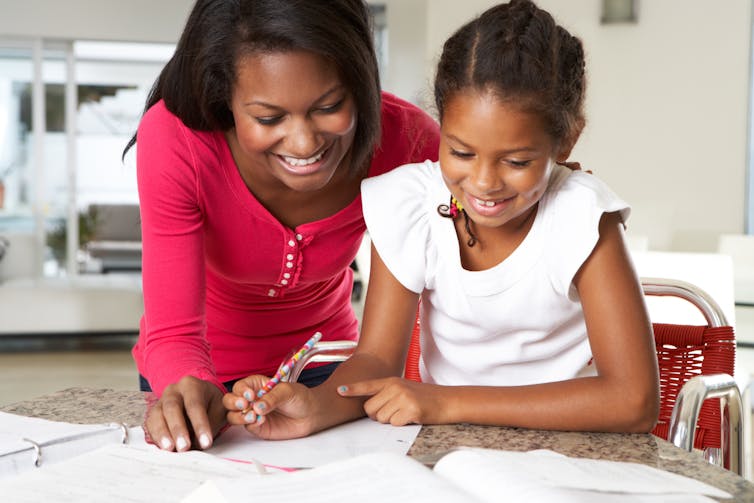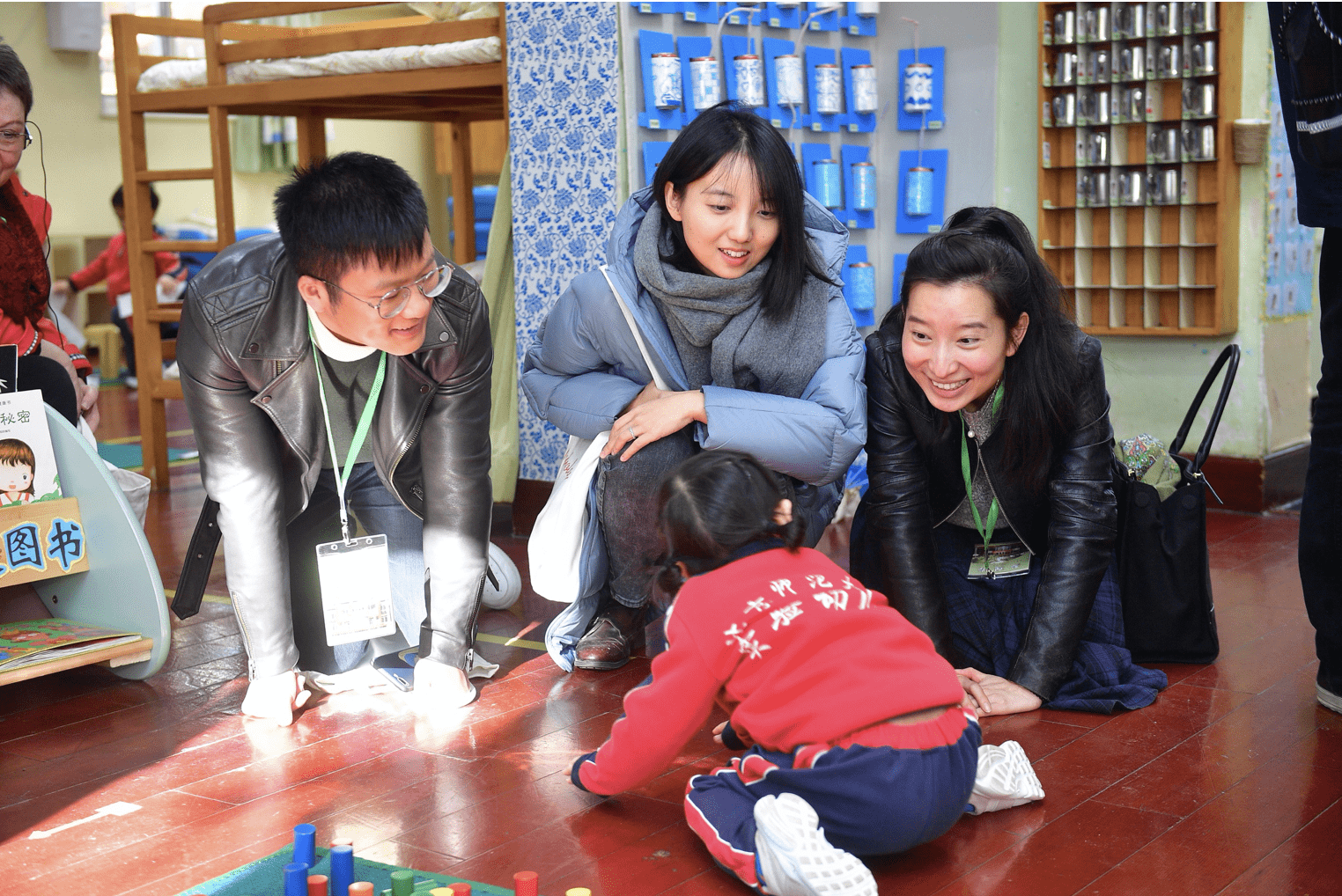Rebecca O’Connell, and Julia Brannen.
Footballer and food poverty campaigner Marcus Rashford has rebuked Conservative MP Kevin Hollinrake on Twitter for suggesting that parents who need help to feed their children are failing in their responsibilities.
Children growing up in poverty today recognise it is their parents’ duty to make sure they are fed adequately. But, like Rashford, whose family struggled with food security when he was a child, they know from experience that parents cannot always fulfil this obligation. In this context, they argue, government and others have a responsibility to act.

Children speak out about hunger
We know this because we have asked children about this exact issue as part of our research into food poverty. In a European study of low-income families, we asked young people between 11 and 16 years old who they consider to be responsible for making sure children have access to enough decent food. Most children argued that parents, government and organisations like schools should work together to achieve this. Phoebe, age 16, whose father had lost his job in the local authority, said:
If a family is unable to provide food then I think it’s up to schools and government to kind of make that up, if there is really nothing that they can do. So free school meals and fruit at break I think is really important. I think it’s really important that there is enough money for schools to be able to provide free school meals, breakfast club and fruit and stuff like that.
However, attributing responsibility to those in power did not mean children exempted parents from taking responsibility. On the contrary, several young people talked about the (more…)
 Close
Close









